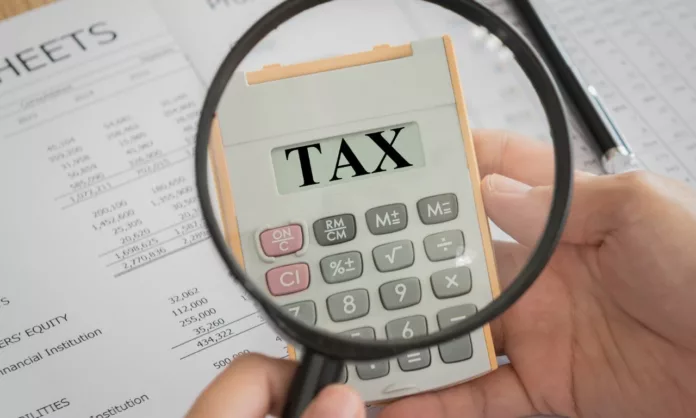Tax season can be a daunting time for many individuals, and the complexity of the process is further compounded when considering the variations that arise from living in different states. The United States, with its diverse landscape and state-specific regulations, presents unique challenges for taxpayers. In this article, we will explore the reasons why preparing taxes differs for people living in different states.
Table of Contents
State Tax Structures
One of the primary reasons for divergent tax preparation processes is the variation in state tax structures. While all states adhere to federal tax laws, each state has the authority to impose its own set of income, sales, and property taxes. For instance, states like Texas and Florida have no state income tax, relieving residents of the burden of filing state income tax returns. On the other hand, states like California and New York have progressive income tax systems, resulting in varying tax rates for different income brackets.
Understanding the specific tax structure of the state in which one resides is crucial for accurate and compliant tax preparation. Taxpayers must be aware of state-specific deductions, credits, and exemptions that may differ from the federal tax code.
Residency Rules
Determining residency status is a key factor in tax preparation, and residency rules can vary significantly from state to state. States employ different criteria to define residency, including the number of days spent within the state, the establishment of a permanent home, and economic ties such as employment and property ownership.
For example, snowbirds who split their time between northern and southern states may find themselves subject to complex residency rules. Failing to correctly identify and adhere to these rules can lead to unintended tax liabilities or missed opportunities for tax savings.
State-Specific Credits and Deductions
States often introduce credits and deductions unique to their jurisdictions, further complicating the tax preparation process. These can range from education credits to energy-efficient home improvements and may differ significantly from federal incentives. Taxpayers need to be vigilant in identifying and claiming state-specific credits and deductions to optimize their tax outcomes.
For instance, some states offer credits for contributions to specific state-sponsored programs, while others may incentivize investments in renewable energy. Researching and understanding these state-specific provisions is essential for individuals looking to maximize their tax benefits.
Local Taxes and Municipal Regulations
In addition to state taxes, individuals living in different states may also face varying local taxes and municipal regulations. City and county taxes can impact income, sales, and property taxes, adding an additional layer of complexity to tax preparation.
Business owners, in particular, must navigate the intricate web of local taxes, as the tax rates and regulations for businesses can differ significantly between municipalities. Failure to comply with local tax requirements can result in penalties and legal complications.
Conclusion
In conclusion, preparing taxes is a nuanced and multifaceted process that is further complicated by the diverse tax structures, residency rules, and regulations across different states. Individuals must invest time in understanding the specific tax landscape of their state to ensure accurate and compliant tax filings. Seeking professional guidance and staying informed about state-specific changes in tax laws can help individuals navigate the complexities of preparing taxes in a country where the only constant in tax preparation is the inevitability of change.

